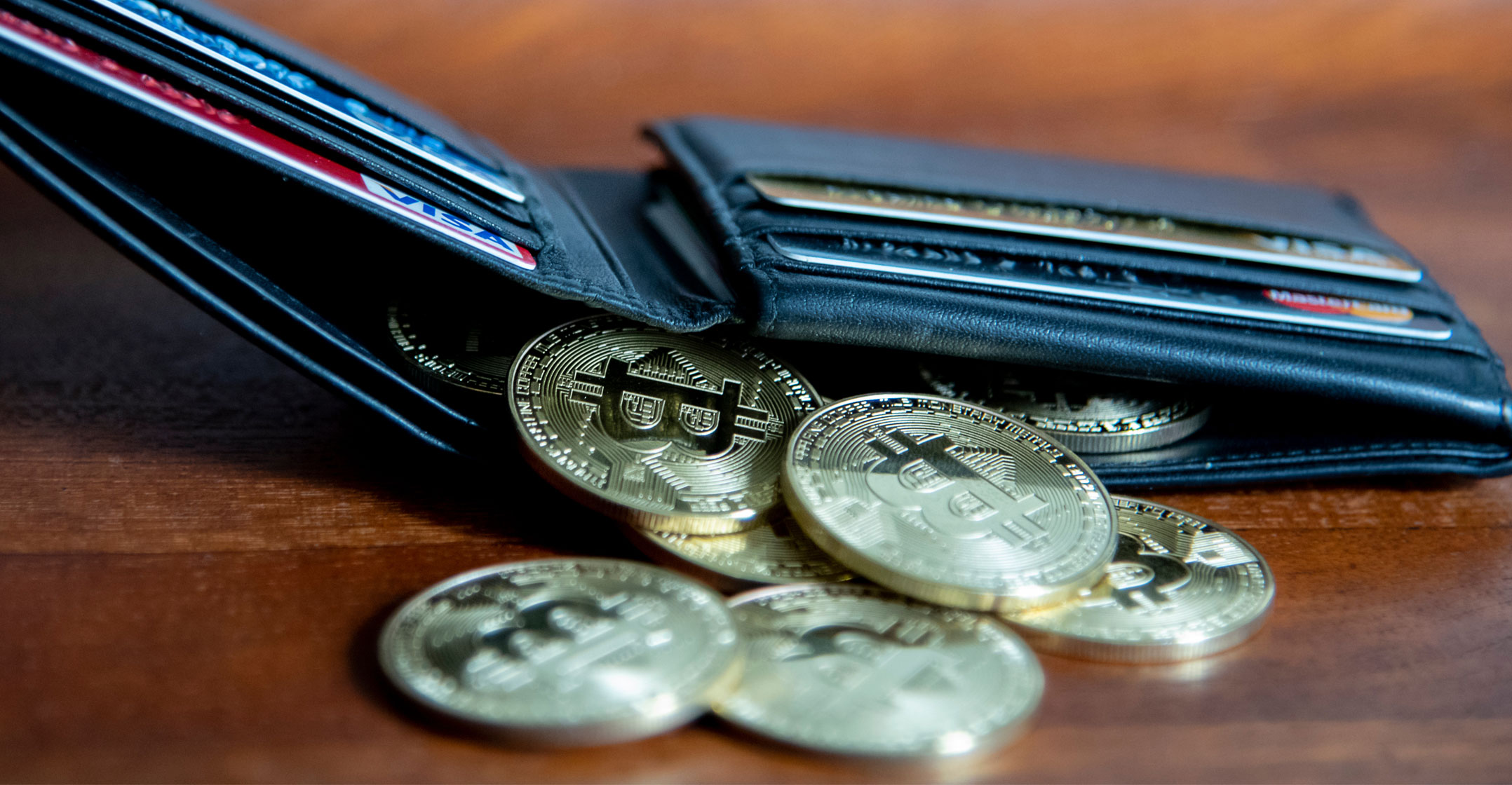 I began my Wall Street career in the early 1980s, and that’s the last time I remember investors being as concerned about inflation as they are today.
I began my Wall Street career in the early 1980s, and that’s the last time I remember investors being as concerned about inflation as they are today.
Back then we understood inflation had been triggered by the abandonment of the gold standard in 1971, supply-side shocks such as the 1973 oil embargo, misguided monetary policy and perverse government policies like controls on interest rates, wages and prices.
The message for investors was clear: Abandon stocks and bonds for gold and hard assets like real estate, invest in countries with stronger currencies like Switzerland, Japan and Germany, and don’t trust financial institutions.
Current inflation fears are different, and many investors doubt that the hedges from the 1970s are still reliable. Cryptocurrencies are an increasingly popular refuge for inflation-phobic investors, both the “digital gold” of bitcoin and newer crypto assets designed not just to be inflation-proof, but to capitalise on rising prices. How attractive these new instruments are depends on what kind of inflation you fear.
Supply-chain disruptions are certainly contributing to higher prices, but many people believe they are transient. If that’s not true, and if elevated infectious disease rates and cultural changes resulting from the pandemic have permanently reduced economic efficiency and the willingness to work among a large group of the population, there will be fewer goods and services available. If governments respond with stimulus spending, subsidies and deficits — increasing the supply of money and transferring wealth from private sector workers to government workers, retired people and the unemployed — it could fuel inflationary spirals.
Far too risky
If this is your fear, then the biggest problem is slow economic growth, not inflation. Crypto might give some protection against inflated money supply, but it doesn’t create more goods and services. Many crypto ideas are technology start-ups implemented as decentralised autonomous organisations rather than traditional corporations. Start-ups thrive in growing economies, not stagnant ones.
There are crypto ideas dedicated to improving or bypassing supply chains, and others that offer the types of employment some post-lockdown workers may prefer. These could be good venture capital investments, but they’re far too risky to be considered inflation hedges. Supply-chain issues are global, and could be driving inflation in China, the euro zone and emerging markets, all of which are elevated.
Another global threat to the value of currencies is international tension. Nothing causes inflation like war and there are simmering conflicts around the globe, some that could lead to shooting wars and cooler ones driving sanctions, financial barriers and tariffs.
 Crypto’s advantages over traditional finance soar in wartime and financial conflict. The best bets for this scenario are the most established coins — bitcoin and ethereum — with large holders in all countries, plus crypto with strong privacy protections, such as monero and dash. (I invest in crypto and also use coins for transaction purposes. I don’t own any of the four coins mentioned, but may purchase them in the future.)
Crypto’s advantages over traditional finance soar in wartime and financial conflict. The best bets for this scenario are the most established coins — bitcoin and ethereum — with large holders in all countries, plus crypto with strong privacy protections, such as monero and dash. (I invest in crypto and also use coins for transaction purposes. I don’t own any of the four coins mentioned, but may purchase them in the future.)
The main focus of most US investors is on US-centric inflation fears, namely rising government budget deficits and loose monetary policy. Democrats want large spending increases on top of already huge deficits and large debt. While the party favours tax increases in principle, proposed legislation includes more tax cuts and credits than tax increases. Moreover, some of the ways to pay for spending in the Build Back Better legislation is through price controls on prescription drugs rather than actual tax increases. Legislating low prices fuels inflation rather than fights it, especially when it counts a tax increase for budget purposes.
If Republicans gain power in the midterm elections, things are still worrisome for inflation. While Democrats are enthusiastic spenders and half-hearted about raising taxes, Republicans are enthusiastic tax cutters and half-hearted about reducing spending. When the two parties get together on bipartisan legislation, we often get the least fiscal responsibility.
Drunken sailors
And when “drunken sailors” in congress combine with politicised central bankers who seem more interested in denying or excusing inflation than fighting it, there is the potential for a virulent, persistent inflation to emerge, immune to standard fiscal and monetary measures. This may lead to nothing less than an economy-killing general loss of confidence in the dollar, as we saw in the 1970s. It also threatens financial institutions and contributes to political dysfunction.
But it’s important to keep in mind this hasn’t happened yet. The breakeven inflation rate on 10-year treasuries is 2.5%/year, suggesting the market thinks future inflation is likely to be at the levels considered normal before the 2008 financial crisis. While recent inflation rates have been high, the average annual rate since 2006 has only been 2.2%. Yields on treasuries securities remain very low. Prices in some key areas, including energy, seem to have peaked and may be declining.
If US-dollar inflation is your concern, you have the simple option of moving investments to countries and currencies with better fiscal and monetary management. Crypto can be considered one such country, and in fact this scenario was the main motivation for the creation of bitcoin back in 2008.
Overall, I think anyone seriously worried about inflation should put crypto on the table as an option that can protect against some inflation scenarios and take advantage of others. It’s not a magical hedge against inflation. Nearly all crypto assets have so much non-inflation-related risk that they are appropriate only as small parts of diversified portfolios rather than either core holdings or pure hedges. — (c) 2021 Bloomberg LP
- Aaron Brown is a former managing director and head of financial market research at AQR Capital Management. He is the author of The Poker Face of Wall Street

